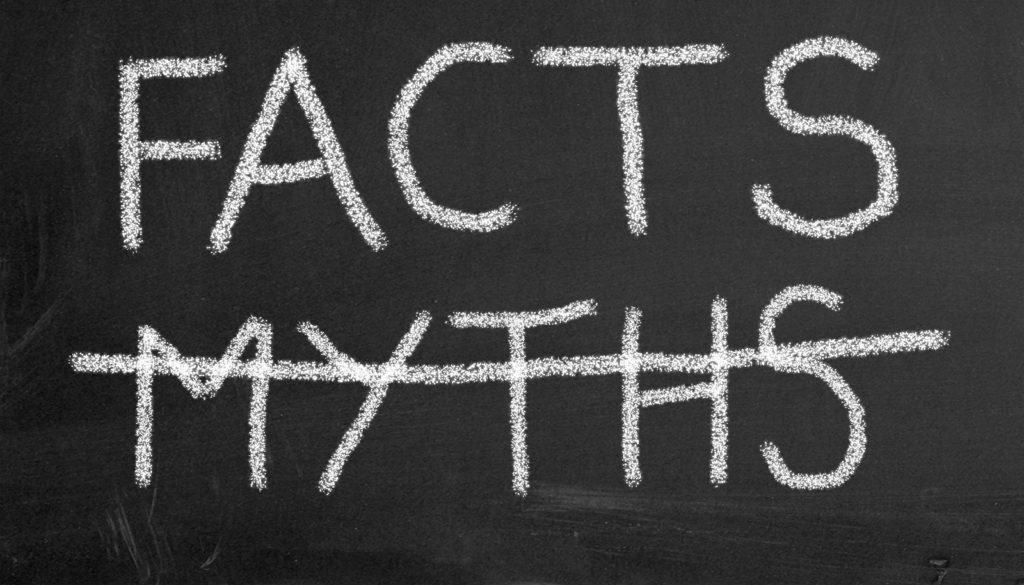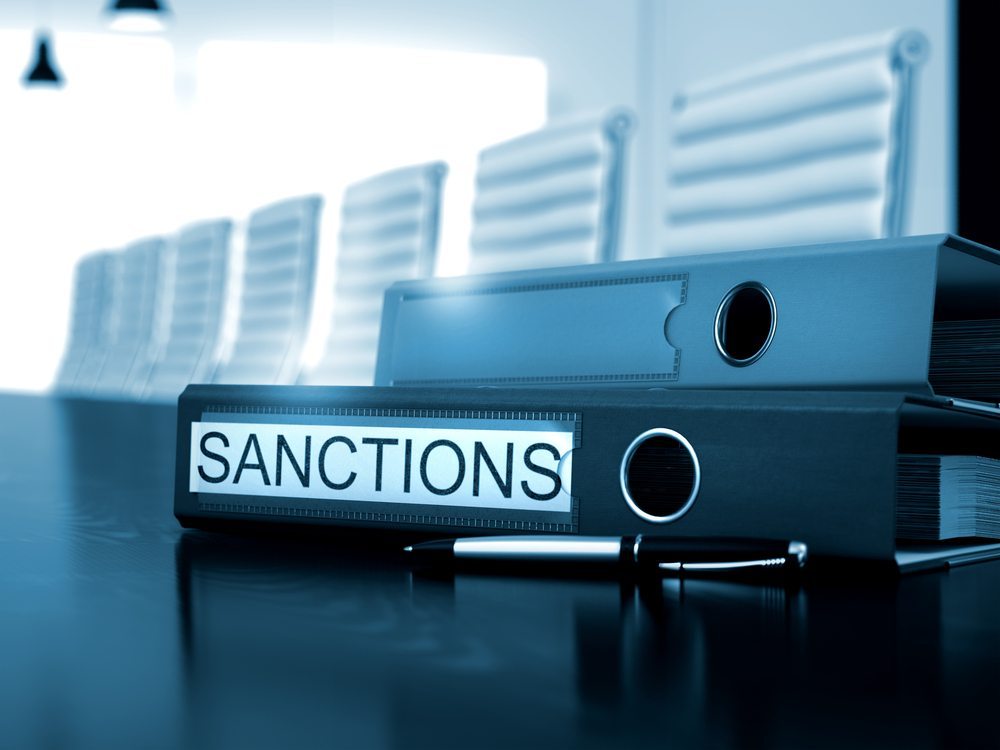5 Myths About USPTO Ethics Investigations and Disciplinary Complaints
Many IP practitioners are misinformed about the function of the USPTO’s Office of Enrollment and Discipline (OED). Here are the top 5 myths about OED ethics investigations and attorney discipline at the USPTO. Myth #1 – The OED Only Cares About Practice Before the USPTO There is a perception that the USPTO only cares about […]
5 Myths About USPTO Ethics Investigations and Disciplinary Complaints Read More »



